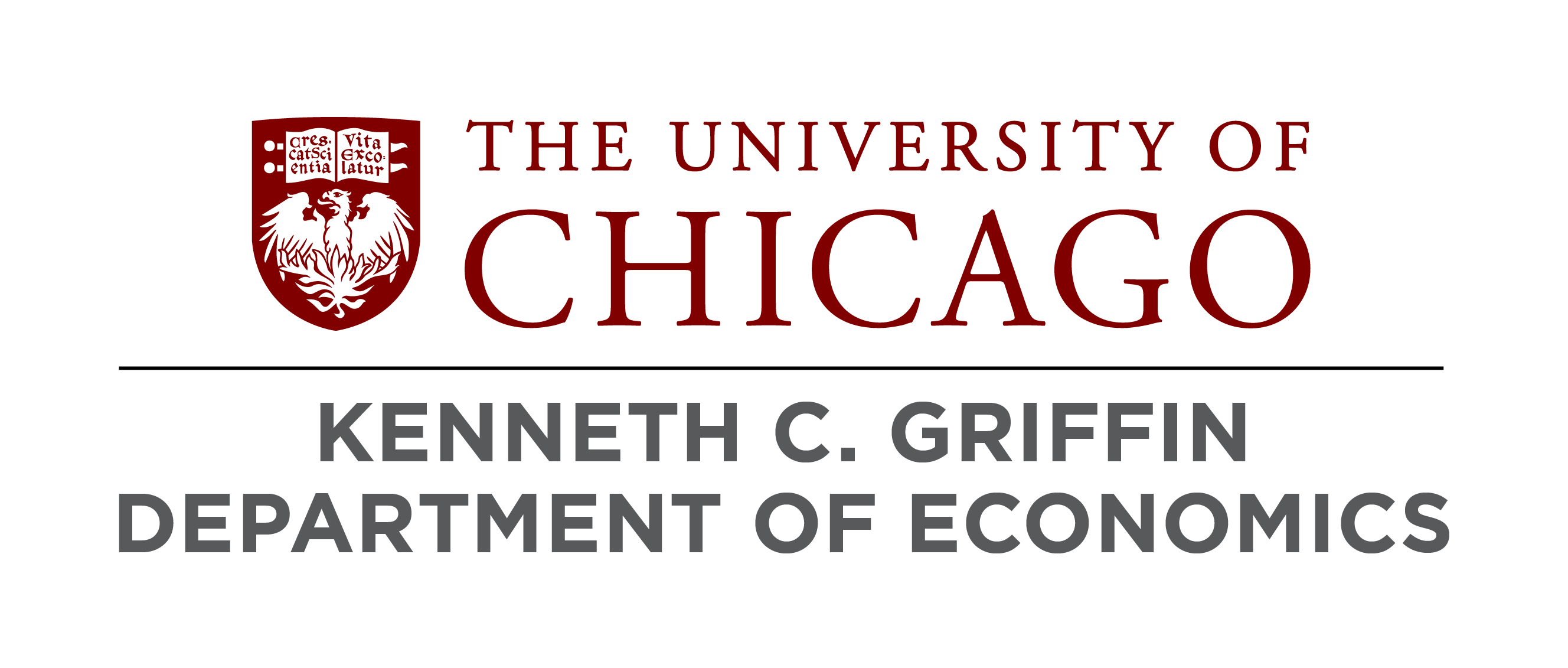JPE AWARDS 2021 LUCAS PRIZE (2021)
The Journal of Political Economy has announced the winners of this year's Robert E. Lucas Jr. Prize: Charles I. Jones and Jihee Kim for their paper, "A Schumpeterian Model of Top Income Inequality" (Journal of Political Economy 126 [5]: 1785-1826).
The following description of the winning paper was originally published on the Journal of Political Economy website.
"This paper pertains to a topic that has received much attention as of late: why is income inequality at the top so high, and why has it risen sharply in the United States, though less so in other countries? The authors provide an empirical analysis and complement it with a model to understand the facts.
The authors observe that top income inequality was relatively low and stable between 1960 and 1980 but then rose sharply in the United States, Norway, and the United Kingdom. They argue that rising top income inequality to a great extent reflects rising labor income inequality, where labor income is broadly conceived and includes entrepreneurial income such as "business income." The authors confirm that labor income is well described by a Pareto distribution, that is, that the expected income above some level is in a constant proportion relative to that level (see their fig. 4). The rising income inequality manifests itself in that this proportion has risen between 1980 and 2005.
For their model, they focus on entrepreneurial activity and the resulting income as the driving force. They assume that a small share of entrepreneurs can turn their efforts into fast income growth, until they are replaced by competitors via creative destruction. This interplay produces the Pareto distribution and income inequality. They calculate the resulting efforts provided by entrepreneurs. Higher growth prospects and a lower creative destruction rate imply higher efforts as well as higher inequality. In their measurement, they calculate the contribution of each. A numerical approximation shows that the model can well account for the observed changes in income inequality. Ultimately, then, economic forces due to information technology, taxes, and policies related to innovation blocking may explain the varied patterns.
This important paper is part of a growing literature that helps us more deeply understand the engines of growth, the sources of inequality, and their rich interplay. Policy choices seeking adjustments to one are likely to affect the other. Future research can build on the work by Jones and Kim to provide more detailed guidance."
The Lucas Prize is awarded biannually for the most interesting paper in the area of Dynamic Economics published in the Journal of Political Economy in the preceding two years. The prize was established in 2016 on the occasion of the celebration of Lucas’s seminal contributions to economics and his Phoenix Prize award.
 THE UNIVERSITY OF CHICAGO
THE UNIVERSITY OF CHICAGO

